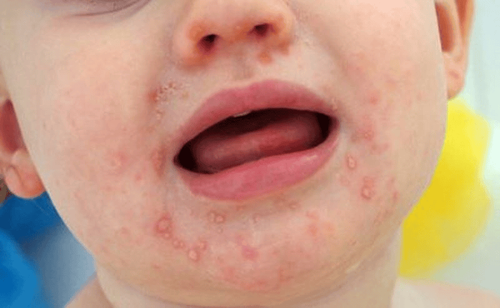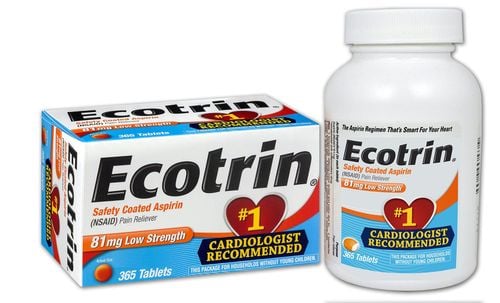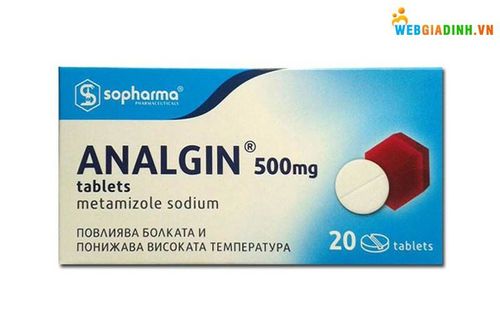When a patient with dengue fever develops an itchy, raised rash around the seventh day of illness, it often indicates that they’re on the road to recovery.
1. How long does it take for the maculopapular rash to resolve?
No additional itchy dengue rash spots appear
Typically, dengue fever runs its course in about seven days. From the time the fever begins, it usually takes two to three days before any noticeable rash emerges. Over the next three to four days, these itchy, dengue-related rashes tend to pop up more frequently, appearing denser and more widespread—an unmistakable sign that the illness is still active.
The duration of the this rash persists depends largely on when your body stops producing new spots. Once the rash stops spreading, it’s a positive sign that the fever has run its course.
Reduced Fatigue
One of the earliest red flags of dengue fever is a persistent high fever—often 39°C (102°F) or above—that lasts for two to three days in a row. At that point, it’s crucial to seek medical evaluation and confirm the diagnosis. The first three days of high fever mark the initial danger zone. The following two to three days can be even riskier, as serious complications may emerge and the patient may feel notably weak and exhausted.
If a week has passed since the onset of fever and you begin feeling more energetic and less fatigued, that’s another sign that you’re heading toward recovery. The dengue rash typically starts to fade around this time, too.
Increased Urine Output
Dengue fever often leads to significant fluid loss, causing patients to urinate far less than usual. This is why ensuring adequate hydration with water and electrolyte solutions is so important.
When you start to urinate more frequently and in amounts closer to your pre-illness levels, it’s a good indication that your condition is improving and that you’re nearing the end of the illness.
Improved Appetite
Whether mild or severe, dengue fever can leave patients feeling drained and uninterested in food—sometimes they can only manage a bit of broth or fluids.
When you notice that your appetite is coming back—when you actually look forward to eating and find meals more enjoyable—it’s a strong signal that you’re on the mend and that your dengue symptoms are subsiding.

2. What can you do to help the rash resolve faster?
How quickly the dengue rash improves largely depends on how promptly you’re diagnosed, treated, and how well you care for yourself. During the first three days of fever, once dengue is confirmed, the best approach is to rest at home, stay calm, and manage your fever as advised by your doctor. On the fourth day—or whenever your physician recommends—you should return for a follow-up exam.
Rest and rehydration
Make sure you rest and rehydrate. Once you’ve been evaluated at a medical facility and your tests confirm dengue fever, it’s generally safe to continue recovering at home—provided you follow your doctor’s instructions closely. While feverish and rash, focus on adequate rest, fever control, proper hydration, electrolytes, and balanced nutrition. Avoid panicking, don’t hop from one clinic to another unnecessarily, and never self-medicate with random drugs, as this may complicate your condition.

Avoid Unapproved Medications for Fever Relief
At the outset of your illness, if you’re unsure what’s causing your fever, it’s critical not to take any medications without medical advice—especially aspirin or ibuprofen. These drugs can worsen bleeding tendencieszzz, such as gastric bleeding, which can be life-threatening in dengue.
Instead, lower fever by dressing lightly, staying in a cool, well-ventilated area, and using warm compresses on the forehead or underarms. Medications should only be taken under a physician’s direction. Never attempt treatments like “coining”, a traditional folk remedy (cạo gió) or other folk remedies that haven’t been medically endorsed.
Stay Indoors and Avoid Cold Water Baths
Your body is quite sensitive when you have dengue-related rashes. Until you recover, stay in a comfortable indoor environment and avoid exposure to drafts or cold showers. If you need to clean up, use a warm, damp cloth to gently wipe your body. Cold water causes surface blood vessels to constrict while dilating internal vessels, which can be dangerous for someone who’s already weakened.
After the critical phase passes, patients enter the recovery phase. You’ll start feeling better, the rash will begin to fade, and your lab test results will gradually return to normal values.
Vinmec International General Hospital stands out not only for its top-tier medical expertise and modern equipment but also for its comprehensive, professional care, fostering a dignified, safe, and clean environment for patients.
Please dial HOTLINE for more information or register for an appointment HERE. Download MyVinmec app to make appointments faster and to manage your bookings easily.













